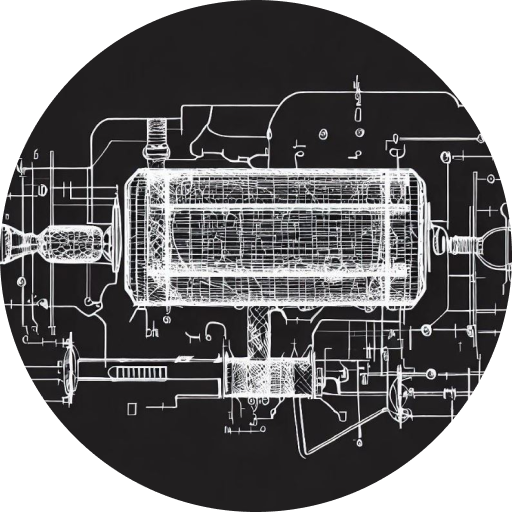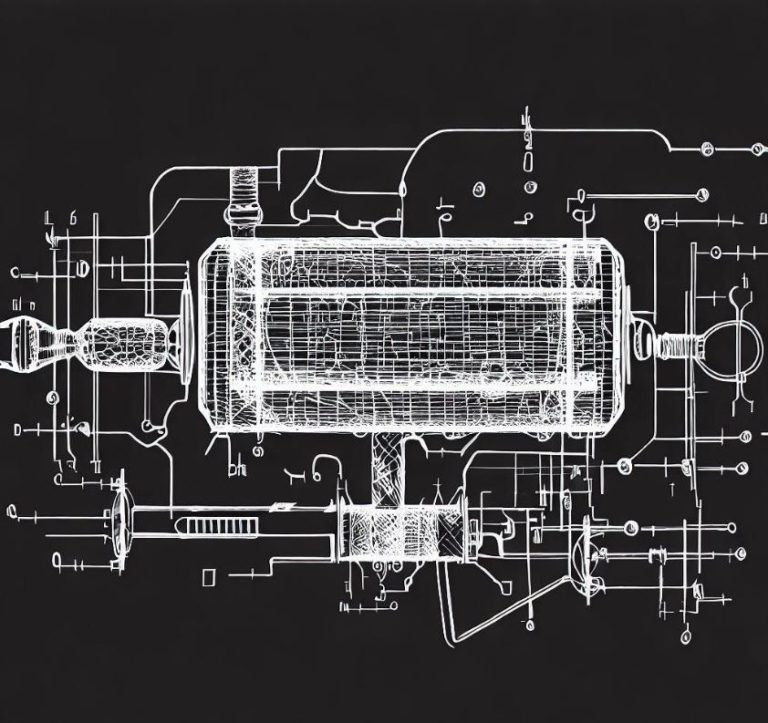What Does a Car Sound Like Without a Catalytic Converter?
Have you ever wondered what a car sounds like without a catalytic converter? The catalytic converter is an integral part of the vehicle’s exhaust system, responsible for reducing harmful emissions. When the catalytic converter is removed or becomes faulty, it can have a noticeable impact on the sound produced by the vehicle. In this article, we will explore the effects of driving without a catalytic converter and how it can change the sound of your car.
Understanding the Role of the Catalytic Converter
Before diving into the sound changes, let’s briefly understand the purpose of the catalytic converter. The catalytic converter is designed to reduce the emissions of harmful gases produced during the combustion process. It contains precious metals that facilitate chemical reactions, converting harmful pollutants into less harmful substances. By doing so, it helps minimize the environmental impact of vehicle emissions.
The Effects of Removing the Catalytic Converter
Removing the catalytic converter from a vehicle is generally illegal and can have several consequences. However, some individuals still choose to remove it for various reasons. Without a catalytic converter, the exhaust gases can flow more freely, resulting in changes to the sound produced by the vehicle.
Increased Engine Noise
One of the most noticeable effects of driving without a catalytic converter is an increase in engine noise. The removal of the converter allows the exhaust gases to escape more directly, creating a louder and more aggressive exhaust note. The engine noise may become deeper, throatier, or even produce pops and crackles during deceleration. However, it’s important to note that this modification is illegal in many jurisdictions and may lead to penalties or fines.
Changes in Exhaust Tone
In addition to increased engine noise, the absence of a catalytic converter can also alter the overall exhaust tone. Without the converter’s dampening effect, the exhaust note may become harsher or more raspy. The specific changes in tone will vary depending on the vehicle’s engine characteristics, exhaust system design, and other modifications, if any.
Legal and Environmental Consequences
It is essential to highlight that driving without a catalytic converter is illegal in most places. Catalytic converters are mandated by emissions regulations to reduce pollution and protect air quality. Removing the converter not only increases the vehicle’s emissions but also violates legal requirements. It can result in fines, penalties, or even vehicle impoundment.
Conclusion
While it may be tempting to remove the catalytic converter for the sake of sound, it is important to understand the legal and environmental consequences. Driving without a catalytic converter not only changes the sound of your car but also increases harmful emissions and violates emissions regulations. It’s crucial to prioritize responsible vehicle modifications and compliance with local laws.
For more information on catalytic converters and their impact, we recommend reading the articles “What Does a Car Sound Like Without a Catalytic Converter?” and “Driving Without a Catalytic Converter: How Long Can You Go?” for additional insights.
- Upgrade Your Honda Accord with the Best Catalytic Converter for Enhanced Performance - October 30, 2023
- Boost Your Chrysler 300’s Performance with a High-Quality Catalytic Converter - October 30, 2023
- Enhance Your Jeep Liberty Performance with a Catalytic Converter - October 30, 2023









